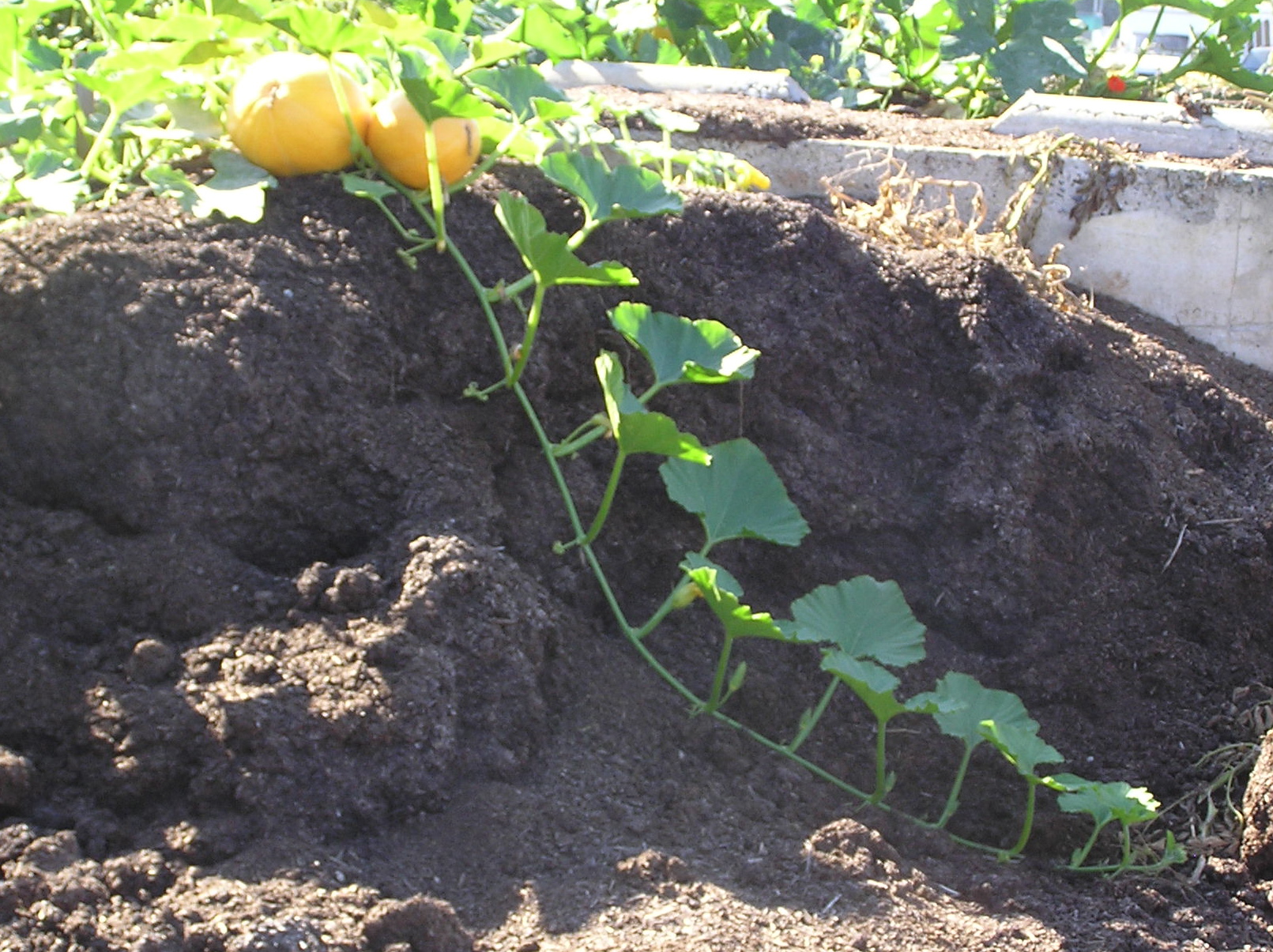Last night was my final class at St Andrew’s Episcopal church here in Seattle. Much of our discussion was around the principles and tenets of Permaculture. This method of agriculture, sometimes referred to as “do nothing gardening” is modelled observation of natural ecosystems. Out of that are developed self maintained horticultural systems.
I love the three tenets of Permaculture which could easily come out of the Bible and wanted to reflect a little more on these, incorporating some of the principles of Permaculture (and of the Bible) in the process.
- Take care of the earth – especially the soil. No life flourishes without healthy soil.
Taking care of the earth is not just about conservation however. The words that come to me are: Look back with gratitude & forward with anticipation. We need to look back to legacy of past stewards, learn from their techniques, preserve the heritage seeds they developed and cultivate native and other plants that are well developed for our climates. We als nee to look forward so those that follow us will reap the benefits. Our concern should not be for short term gain but for long term stable systems that therefore depend on long living perennials and trees that provide food for many years rather than short lived annuals.
Permaculture is not a quick fix garden technique. We need to take time to let the land speak, observing and interacting with it in all seasons, learn the patterns of rain, wind, sun, and noise, taking the animals into account and framing the vistas and views the land opens up. The idea is to work with nature and not try to control it.
Another basic principle of permaculture is to catch and store energy. We can catch solar energy in sun spaces, and greenhouses. We can use it in solar cookers, dryers and lights. We can also store water through the use of rain barrels and greywater (not allowed in many cities). And we can store the rain that falls on the earth with deep layers of compost and mulch. We can also store energy by storing the harvest in root cellars, or by preserving, drying and freezing.
Another important principle is the use of renewable resources. The idea is to produce no waste at all. Leftovers can be composted, dead trees cut down for new garden beds or firewood. Nature is an incredible waste free design that we could do well to emulate.
Mimicking the ways of nature, which has been refined in the science of bio-mimicry is something that has always intrigued me. God has created some amazing designs that we could emulate to save the planet.
- Take care of the people
For number one priority here is the need to form community & grow friendship by gardening together, preserving the harvest together and partying together. The idea is to integrate rather than segregate, cooperate rather than not compete. We learn to value diversity in our garden community as well as our produce. Community gardens and shared backyards can foster this.
One principle of permaculture is to use every available space. We use the edges by espaliering trees on walls, growing vines and hanging baskets. We use dark spaces by growing mushrooms. But perhaps (and here is my radical Christian perspective here, right out of the Old Testament.) – maybe we should leave the edge crops for others to glean
- Share the surplus:
Unless we share we do not really care for others, but as the author comments in The Vegetable Gardener’s Guide to Permaculture, to share we must recognize that we have more than enough for ourselves. We live in a culture that teaches us there is never enough. We must hold onto everything. No wonder storage for excess household goods has become such big business. And sharing in a garden should go beyond the harvest. We should generously share techniques, seeds, recipes, skills and information. And above all we should share the beauty of our gardens, inviting others into our space whenever possible.


1 comment
A beautiful post and wonderful challenge for all of us to live our lives this way daily. Thank you for giving me new insights to consider as I continue on my journey of transformation. It’s not easy to break old indoctrinations (religious or worldly) and embrace new concepts/ideals that benefit not only my life, but also the lives of many others. Thankful for His faithfulness and the lessons the garden and His Creation continually teach me.